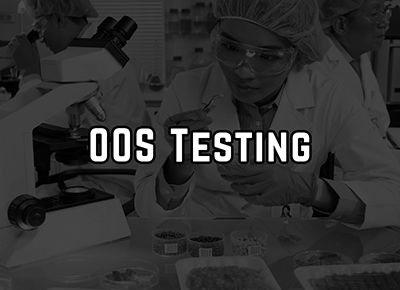3-Hour Virtual Seminar On Handling OOS Test Results And Completing Robust Investigations
🎤 Danielle DeLucy | 📅 Recording Available | 🕒 3 Hour
Description
This seminar will review the regulatory requirements for investigating an OOS Investigation. The responsibilities of the analyst, the supervisor and QA will be discussed. A detailed flow chart will be used to help the attendees clearly understand the steps and the order in which they are to be performed. The structure of an Investigation report which properly documents the investigation will be discussed.
The lack of or Inadequate procedures for handling out of specification (OOS) situations and failure investigations are amongst the most frequently found deviations in FDA warning letters. Most companies have procedures but either they are not adequate or are not followed. This seminar will guide attendees through the entire process from detection an out-of-specification result to informal and formal laboratory and batch investigations.
Learning Objectives:
- Learn the responsibilities of analysts and supervisors
- Listen to what the FDA looks for in terms of human errors
- Describe when a full investigation should be triggered
- Describe the frequency for re-testing and re-sampling
- Learn how to implement the corrective and preventive action plans (CAPA)
Who Should Attend:
- Quality Assurance Departments
- Quality Control Departments
- Research and Development Departments
- Regulatory Affairs Departments
- Compliance Departments
- Laboratory Staff
- Training Departments
- GMP auditors
- Consultants


